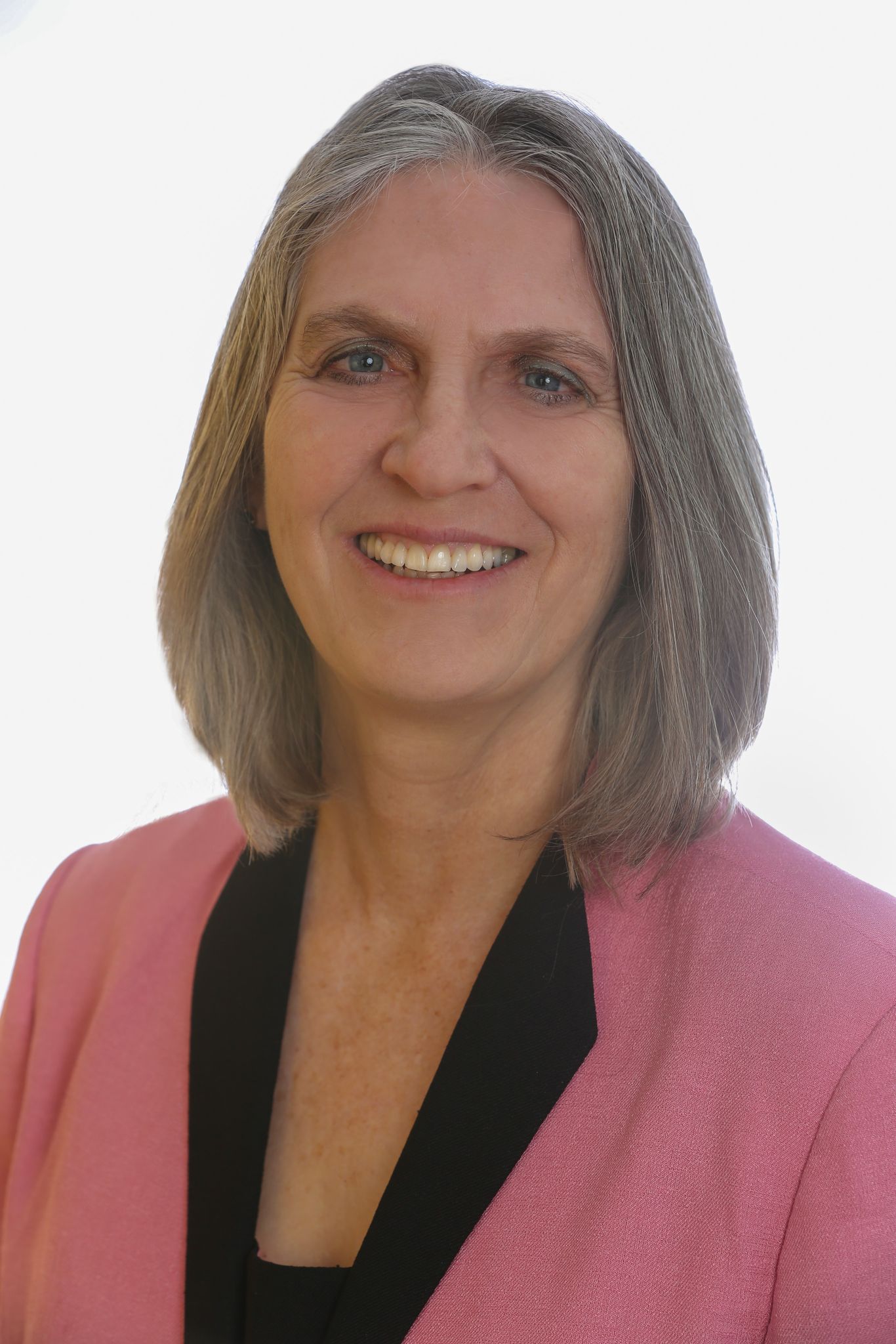
Time To Consider A Second Candidate For 2024: The Case Against Biden or Harris Running in 2024
Let us be blunt, because there is not much time to lose before midterm elections; Biden, now a year and a half into his term, has abysmal ratings. A Reuters/ Ipsos poll put Biden’s approval rating at 36% in June, just days before SCOTUS vacated Roe v Wade reverting abortion legalization to the states and before the most significant gun control act in 30 years passed in Congress. Seemingly detached from whatever happens in greater Washington D.C., Biden’s ratings just sink lower and lower. The core issue that potential US voters are actually worried about is the economy. A staggering 80% of people polled by the Wall Street Journal said the economy is “poor or not so good”. Whether that is truly Biden’s fault, whoever is sitting in the White House at a given time gets the blame or the glory. In answer to that same poll, respondents said they are not satisfied at all with their financial situation (33%), they have no chance to improve their standard of living this year (46%) and a strong 38% said their financial situation is worse now than in the past few years. Much of the media coverage of the 2022 mid-terms has centered around whether former President Donald Trump is still a kingmaker within the GOP. But, at least as important, and likely more so, is the frank conversation about who will run for the Democrats in 2024 and who has any chance of winning?
Historically, the incumbent is expected to run and hopefully win. If not, the second in command, which in this case would be Vice President Kamala Harris, is the likely next choice. For real and honest reasons neither of these two people have a reasonable chance of making it over the finish line in 2024.
When Biden and Kamala Harris were running in the 2020 election cycle an idea was widely floated that she could step into place as a candidate if Biden proved too old or somehow incapable of running for a second term. Only half a year into their term (June of 2021) Harris made a disastrous visit to the border in her new role as Vice President, having been given the charge of ameliorating the immigration crisis at the border between the United States and Mexico. Almost no one gave Harris high marks for how she handled her June, 2021 visit to El Paso. Her polling popularity continued to drop until a year later she had a 41% favorable to 52% unfavorable rating. While Pence polled in the statistically same vicinity numerically at the same point in his term no one seriously thought that Trump would move out of the way for a Pence candidacy in 2024. Vice Presidents have moved from that office to the Presidency. Eight have become President when the then-President died in office and 4 were later elected. But, in this case, a Democratic choice to champion Harris would only lead to a resounding defeat.
Harris is very, very unpopular with males (60% are unfavorable), Independent voters (60% are unfavorable), white voters (60% are unfavorable). Those are just not winning numbers in a day and age when every vote counts and might be challenged. So - with neither Biden or Harris a rational choice - who else in the Democratic Party could mount a strong and possibly successful campaign for US President in 2024?
Ballotpedia offers a list of Democratic politicians (May, 2022) who have had media coverage suggesting they might be viable candidates. Perry Bacon Jr. of The Washington Post lays out the issues of a second Biden run in an opinion article on June 23, 2024. There he explains how his candidates of choice for 2024 would be the “leading Democrats and liberals.” I respectfully disagree that those are the people who might win a 2024 contest against Trump or his likely surrogate, DeSantis. The key to the next election are the large number of Independents, up to 40% of the entire electorate. Most Independent voters will admit to “leaning” towards Democrat or Republican but a full 10% of Independents are genuinely not interested in affiliating with either major party. These voters are also the most likely to just “sit out” a given election since they don’t have a candidate that resonates with them.
Ipsos conducted or will conduct, seven separate polls asking a randomized selection of adult Americans which issues are most important to them. FiveThirtyEight, a company which uses data and polling to determine trends, analyzed 2,000 recent responses to what their biggest concern is. The answer they got was inflation. Looking at the candidates from the point of view of what the voting population wants it would seem that the most likely successful Democrat would be a moderate with a very strong track record of fiscal responsibility. Overwhelmingly, Americans of most income brackets are reeling under record inflation as the world economy attempts to claw its way back from the long COVID pandemic. Inflation hit 8.6% in May, 2022, a 41 year record.
If the Democrats want to win in 2024 the messaging and the messenger have to be clearly capable of moving the United States out of a recession, away from a depression and onto a more equitable, sustainable economic footing globally, supply chain issues and pandemic issues be darned. Here are three Democratic politicians who have delivered on economic issues in their own states or are currently doing it in. All of them should be regarded as contenders for the Democratic nomination. None has significant name recognition outside their local regions. When is the time for them to start serious campaigning? Now.
JB Pritzker, current Governor of Illinois, is an heir to the Hyatt Hotel chain and has a personal fortune of about $3.5 billion. He spent most of his adult life in business and ran the private equity firm, Pritzker Group until 2017. He is also the founder of 1871, a non-profit business incubator in Chicago. Since his inauguration in Illinois in 2019, Pritzker has literally turned around years of fiscal mismanagement and passed a balanced budget every year, including the achievement of six credit upgrades from rating agencies, which allows the state to borrow money on preferred terms. In addition, he is largely responsible for such a large growth in business startups in Illinois (up nearly 70%) that Illinois has beaten California, New York, Texas, and Florida in the growth of small businesses. His landslide win in 2018 for the gubernatorial seat in Illinois against a Republican incumbent by 54.5 percent of the general vote displays his record of popular acclaim. In 2021, he steered an enormous clean energy and jobs bill through the Illinois legislature. BOMA Chicago (Building Owners and Managers Association), while acknowledging they did not have enough input into this legislation, supports it as “the most sweeping legislation to be passed in a decade”.
Pritzer is tactically involved in multiple midterm election bids, both within Illinois and on the national level. He’s donating large sums of his own money to lesser-known local candidates and stumped in New Hampshire and Maine. Meanwhile, he is working overtime to ensure that his constituents get and retain jobs, including signing a law raising the minimum wage in Illinois to $15 an hour by 2025. He has long been a supporter of abortion choice so his reaction to the toppling of Roe v. Wade was completely in character. He has come out early and strongly in stating that women in Illinois will have a “safe haven” there regarding abortion rights. Although abortion rights are low on the electorate's priorities, it is absolutely mandatory that any Democratic candidate will support those rights and Pritzker has checked off that box.
Mitch Landrieu (pronounced “Lan-drew”) was Mayor of New Orleans from 2010 - 2018. On his second electoral bid he won with over 63% of the vote. He is currently serving in Washington D.C. as the White House Senior Advisor for Infrastructure. There are 4,000 projects underway that have been funded by $110 Billion over the past six months. These projects are designed by the bipartisan infrastructure bill to rebuild roads, bridges, replace lead pipes, extend high-speed internet, upgrade ports and airports and more. The money from the fund flows from the Federal government to state and local jurisdictions and part of the decision-making, over how the money is spent, happens locally.
Landrieu first came to national attention in 2017 when he finally carried out the decision to implement the removal of four Confederate statues in New Orleans. This decision was originally decided upon by the City Council in 2015. His clear, unequivocal speech in 2017 after the last of these four statues were taken down was full of quotable moments, leading with this, "There is a difference between remembrance of history and reverence of it." The speech in its entirety, had the hallmark of a historical speech. After his stint as New Orleans mayor he founded E Pluribus Unum, which is a non-profit organization dedicated to confronting the issue of race in America head on. This organization, which is concentrated in the South, does surveys on race relations, racial attitudes, and experiences. They then use the data to explore what issues can create more positive outcomes, mainly in the areas of economics and health. While the topic of race does not figure high on the list of issues of great concern to the general electorate it is a very key concern to Democrats. Landrieu’s consistent treatment of the subject of racism: with respect, without name-calling, and with the simple insistence that it is not too late to right historical wrongs echoes against the strident hate speech and lack of civil discourse that many Americans are fed up with. Again from the speech explaining why New Orleans chose to remove the Confederate statues:
“That is why today we reclaim these spaces for the United States of America. Because we are one nation, not two; indivisible with liberty and justice for all… not some. We all are part of one nation, all pledging allegiance to one flag, the flag of the United States of America.”
Given his passion for healing our historical racial divide and his current position in the bipartisan attempt to heal our aging infrastructure Landrieu has, as a moderate Democrat, a solid basis for becoming more well known nationally, which can add to his stature as a viable, middle of the road candidate for 2024.
Rounding out this trio of possible Democratic Presidential options is Michael Bennet, currently serving as US Senator for Colorado. He was originally appointed by Governor Bill Ritter in 2009, but then proceeded to win re-election twice and is running for a third term in the midterm elections this year. Bennet is widely popular in Colorado and sits on several Committees in Congress. He is Chair of the Finance Subcommittee on Energy, Natural Resources, and Infrastructure. Energy and Conservation are big issues in Colorado and Bennet is known for his solid advocacy in those areas. Colorado is ranked by US News as the number two state in the union for its robust economy.
The Democrats don’t have to run any of these three candidates to win, but they will surely lose if they run either Joe Biden or Kamala Harris again in 2024. Any serious Democratic candidate has to follow the lead of people on the Republican side, like Ron DeSantis, who is not “officially” running, but who is getting his name out there constantly and building a base. Only time will tell if he can overcome Trump with the Republican party leadership. But, if he does, he will be well-positioned to make a run for the Presidency in 2024. Who will be the Republican candidate's true Democratic opposition if that happens?
